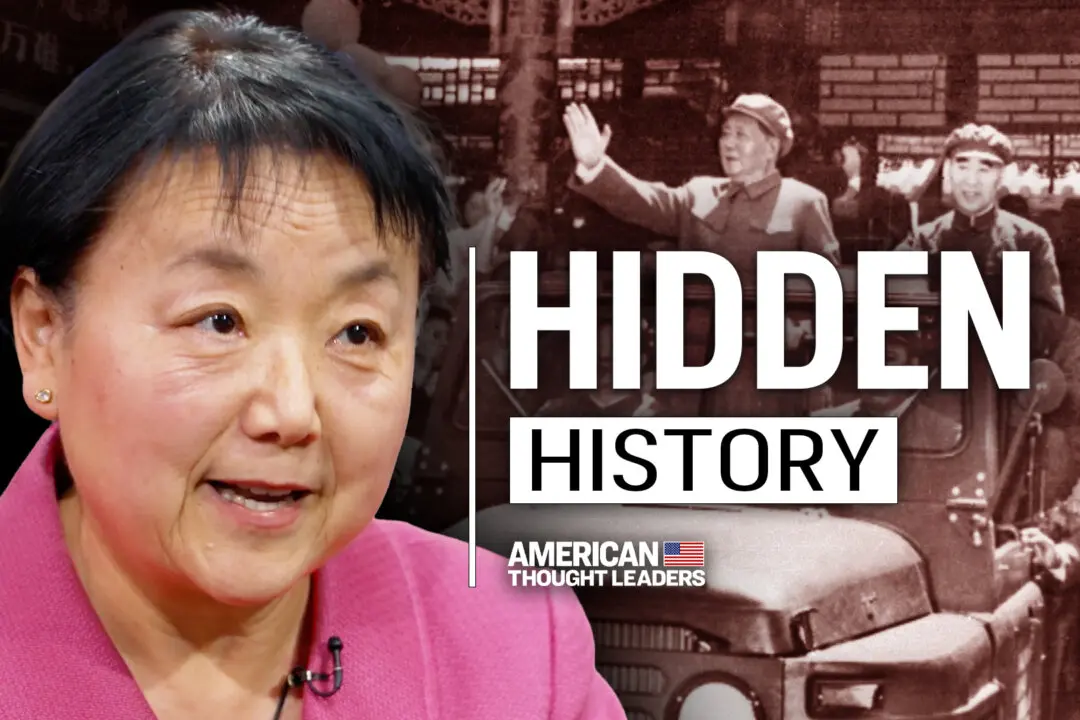“When it was my turn, I said, ‘I’m not comfortable discussing my race here,'“ whistleblower Jodi Shaw said. ”The facilitator said, ‘Any white person who displays discomfort or distress when asked to discuss their race is not actually feeling distress. What they’re exhibiting is a power play, and that is white fragility.’”
In a recent episode of EpochTV’s “American Thought Leaders,” host Jan Jekielek sits down with Jodi Shaw, who has become an influential figure in the growing movement opposing training based on critical race theory, in academia and beyond. She made waves when she started speaking out in 2019 about the increasing illiberalism she saw at her then-employer and alma mater, Smith College, in Northampton, Massachusetts.






